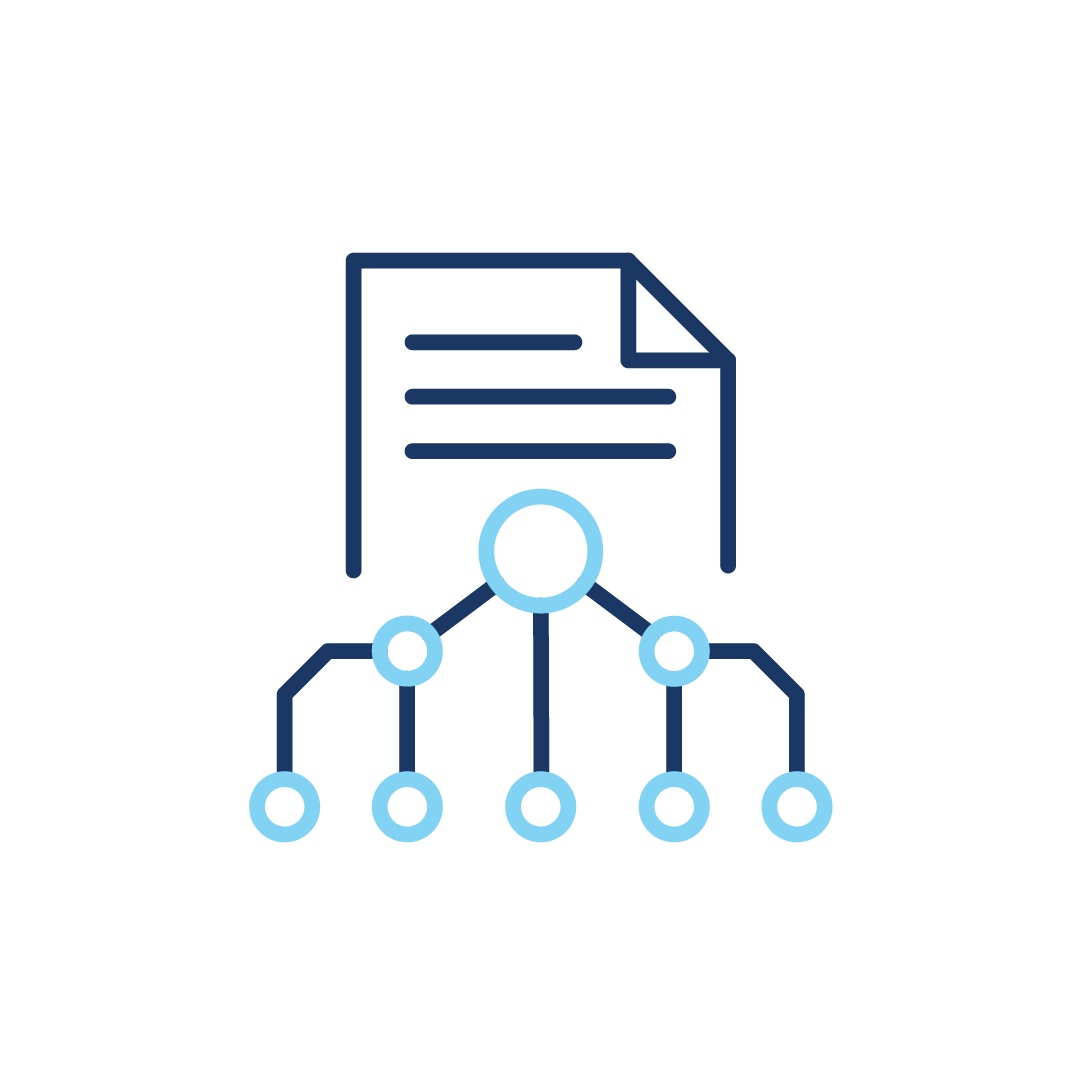Why paperless approvals bring more security - and less stress

Safety approvals are part of everyday life in every (process engineering) plant. And yet they are often a bottleneck - full of media breaks, piles of paper and audit gaps. While production systems have long been running digitally, work permits are often still regulated with a clipboard and carbon copy. This is exactly where mularis: release bill comes in.
Developed by a team that had to deal with the weaknesses of analog approval processes for years, the module not only brings a new interface - but also a new principle: commitment, traceability and compliance right from the start.
Harald, Head of Industrial IT Software Development at cts, knows from his own experience what counts in an emergency: “A signature on paper doesn't protect anyone if the document can no longer be found.” That's why the mularis: Digital permit certificate management module is based on digitization, seamless logging and immediate auditability - without complicated IT structures.
This article shows why this is more than just a digital extra for companies in times of skills shortages, GxP requirements and decentralized project teams - and what role
mularis plays for SCC, ISO 45001 or safety instructions.
Harald, you lead the mularis development team. What experiences from your professional career have shaped your approach and this topic in particular?
Over the past 30 years, I have come a long way: from my own experience in assembly work, where safety was often only marginally considered at best, to my current position as a development team leader - with a focus on digital solutions that are designed to avoid precisely such sources of error. Looking back, the time at the beginning of my career, when safety regulations were not really practiced or were lost in the stress of everyday life, impressively showed me the potential dangers inherent in unclean or undocumented processes.
Over the course of my career, I gradually moved from a technical role to software development and finally to product management. Today, as Product Owner, I manage the development of mularis - a digital framework designed to make everyday life safer, more comprehensible and more efficient for everyone involved.
Why is it important to deal with digital release and approval processes today in particular?
Because the world of industry is changing massively. The shortage of skilled workers means that work areas need to be thought of in broader terms. In many companies, the pressure to make processes more efficient, secure and transparent is growing. - Regulatory, procedural and in terms of documentation. If approvals are still done on paper, this is a real problem: it is slow, error-prone, non-transparent and, above all, might not be 100% audit-compliant. Especially in the age of remote working and networked supply chains, it is crucial that approvals can be made directly digitally, regardless of location and device.
What's more, many teams today work across multiple locations or even national borders. Paper-based approvals are simply no longer practicable. In the digital environment, digital approvals are needed - traceable at all times and independent of location.
What challenges do cts customers typically face with traditional, paper-based work permits?
The challenges are surprisingly consistent across all industries. They often involve lost or incomplete documents. Approvals are sometimes left on the wrong desk for hours or days. Supplements are barely traceable. And in the worst case, no one knows which work permits are currently active in a certain area - particularly difficult when several people or shifts are involved. These are not just organizational problems, but real safety risks.
Where is the greatest potential for error?
Paper is not a reliable process. Checklists are sometimes not completed in full or are skipped completely. The assessment of the required protective equipment - actually a safety-relevant process - often depends on the stress level or the experience of the employees. There is no standardized, objective assessment.
What's more, documents can get lost. And even if they can be found, there is often no proof of when, by whom and in which version they were processed.
Are there situations in which these problems become particularly critical?
Yes - whenever things have to be done quickly or several trades are working at the same time. In such cases, it is extremely important to know: Who is working where, with what authorization and under what conditions? If this information is not immediately and unequivocally available, it can be life-threatening in an emergency - or lead to massive delays.
Why are existing paper-based systems no longer sufficient?
Because they no longer meet today's requirements. In the past, simply filling out a document and filing it away was enough. Today, customers, authorities and certifiers demand complete traceability - and rightly so. Paper cannot achieve this.
What do you think should be fundamentally different?
That a digital solution is not just a “digital version of paper” - but a completely new process approach. It is about mapping responsibility in a structured way, ensuring traceability and actively avoiding security gaps.
In the second part of the interview, we talk about how exactly mularis: Freigabeschein implements these goals - and why even audits are much less stressful as a result.



